Your cart is currently empty!
Tag: Sustainability
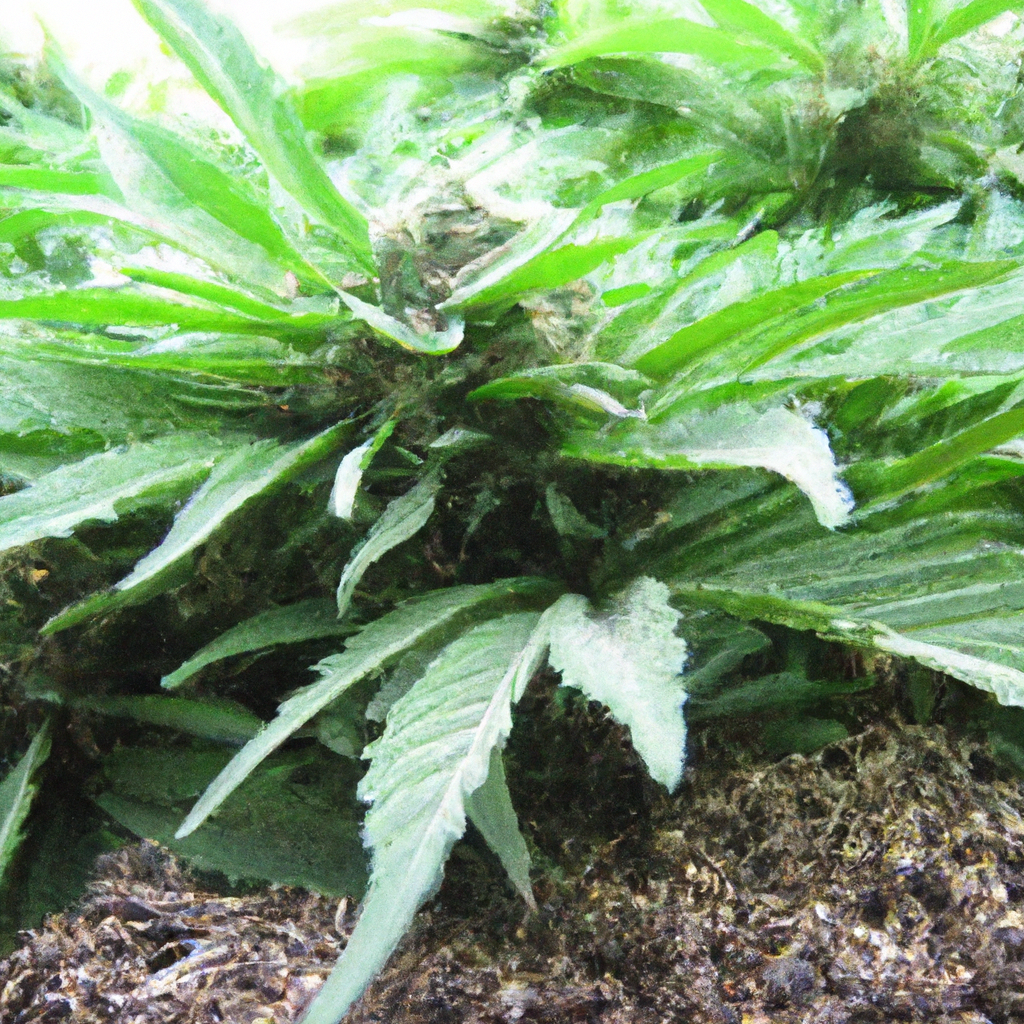
As cannabis cultivation shifts towards more sustainable practices, organic methods are gaining traction due to their environmental benefits and the superior quality of the final product. This blog post delves into best practices for organic cultivation, emphasizing healthy soil ecosystems through composting, beneficial microbes, and mulching. It also covers the use of natural fertilizers like…
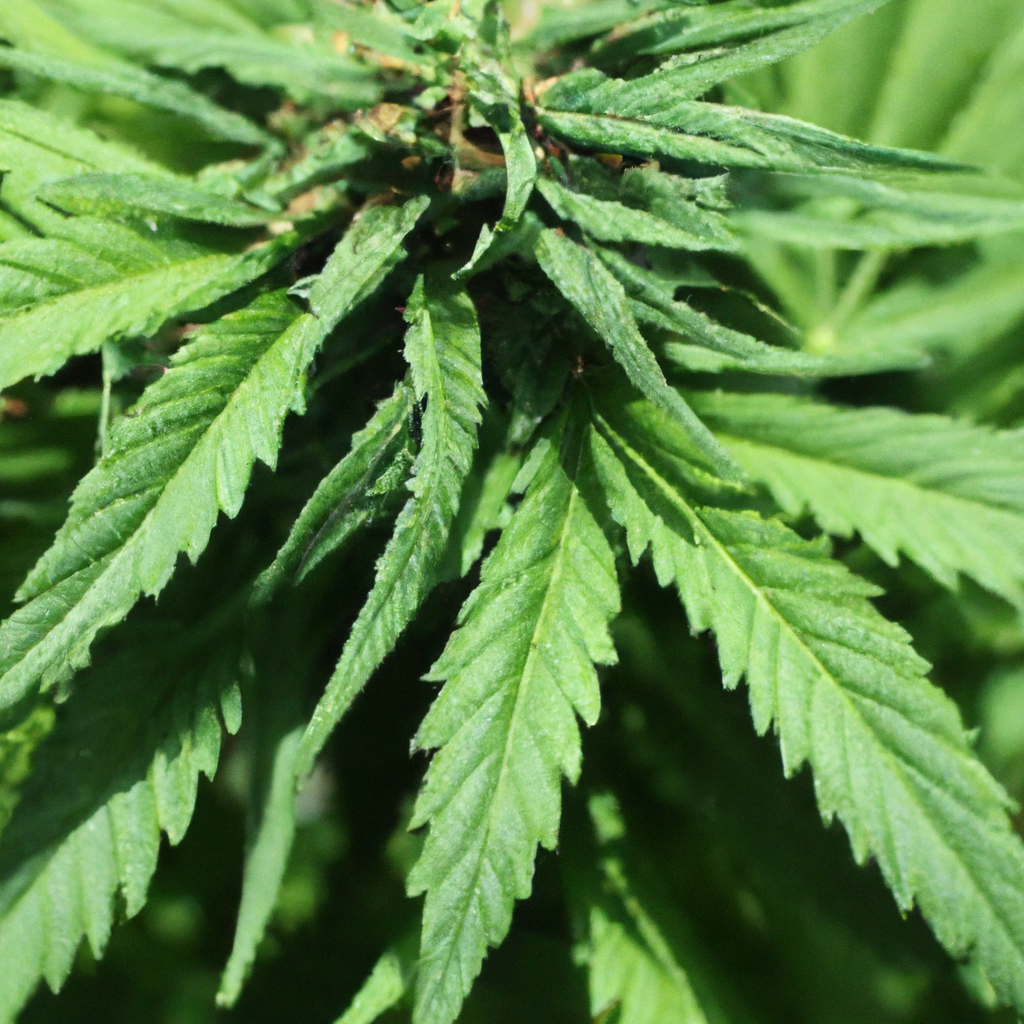
Organic cannabis cultivation benefits both the environment and consumers by providing a cleaner, natural product. This guide highlights optimal practices such as using natural fertilizers, compost, and eco-friendly pest controls. Building a healthy soil ecosystem is essential; techniques like composting, cover cropping, and enriching soil with beneficial microbes are recommended. Natural fertilizers, including bat guano,…
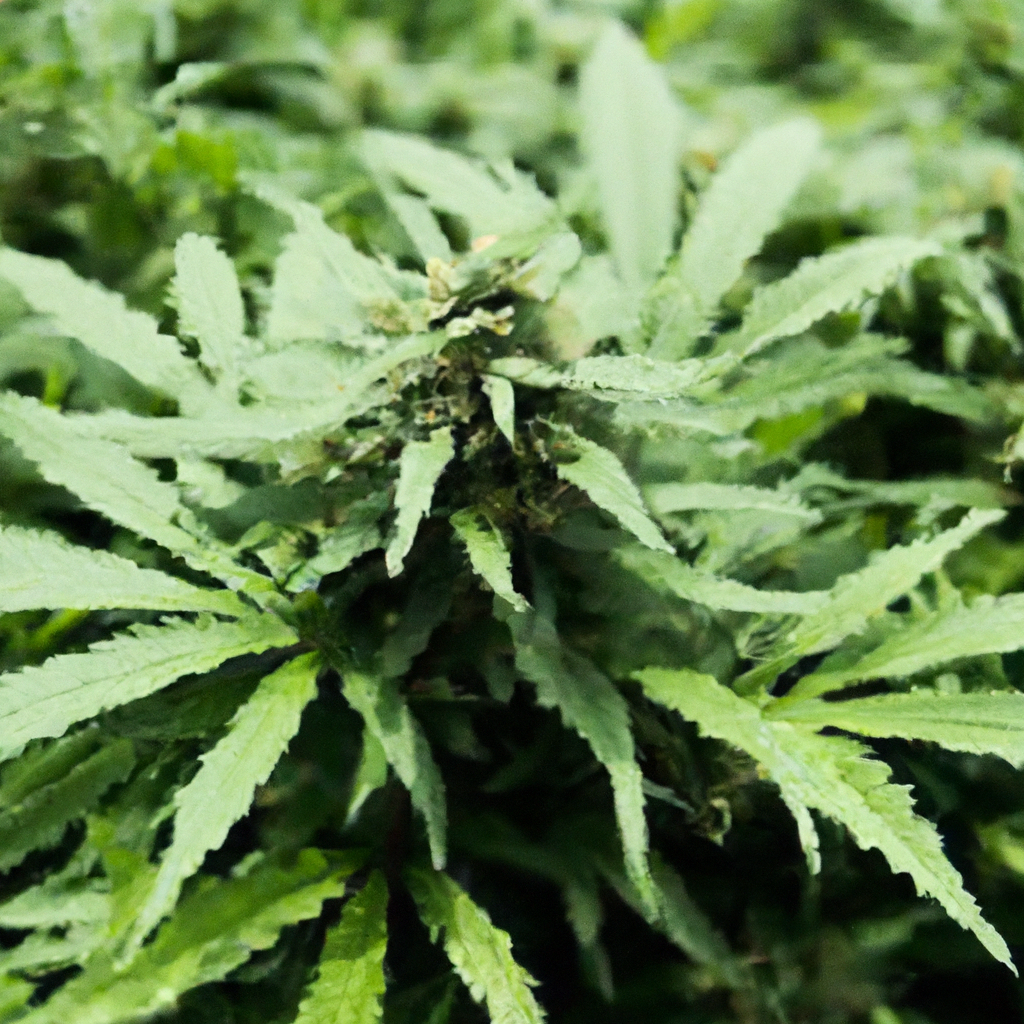
As cannabis cultivation evolves, more growers are adopting organic methods to produce healthier plants and a safer environment. This eco-holistic approach involves building a sustainable soil ecosystem through composting, cover crops, and beneficial microbes. Natural fertilizers like bat guano and seaweed extract foster robust growth, while organic pest control techniques such as companion planting and…
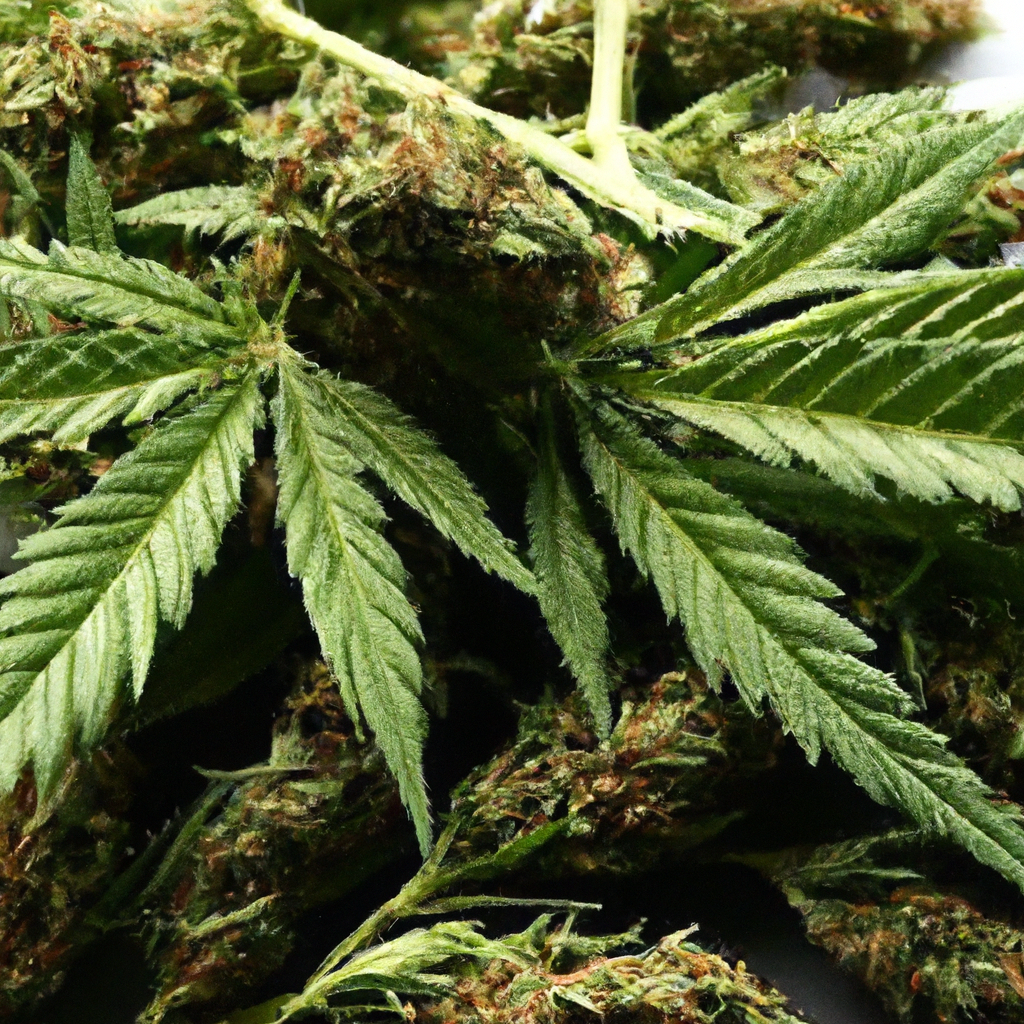
Hemp, the resilient sibling of cannabis, has played a pivotal yet understated role in shaping industries and cultures worldwide. With a history reaching back over 10,000 years, hemp has contributed significantly to advancements in textiles, papermaking, and even the sailing industry. Its applications have expanded to modern uses like bioplastics, construction materials, and nutrition, showcasing…
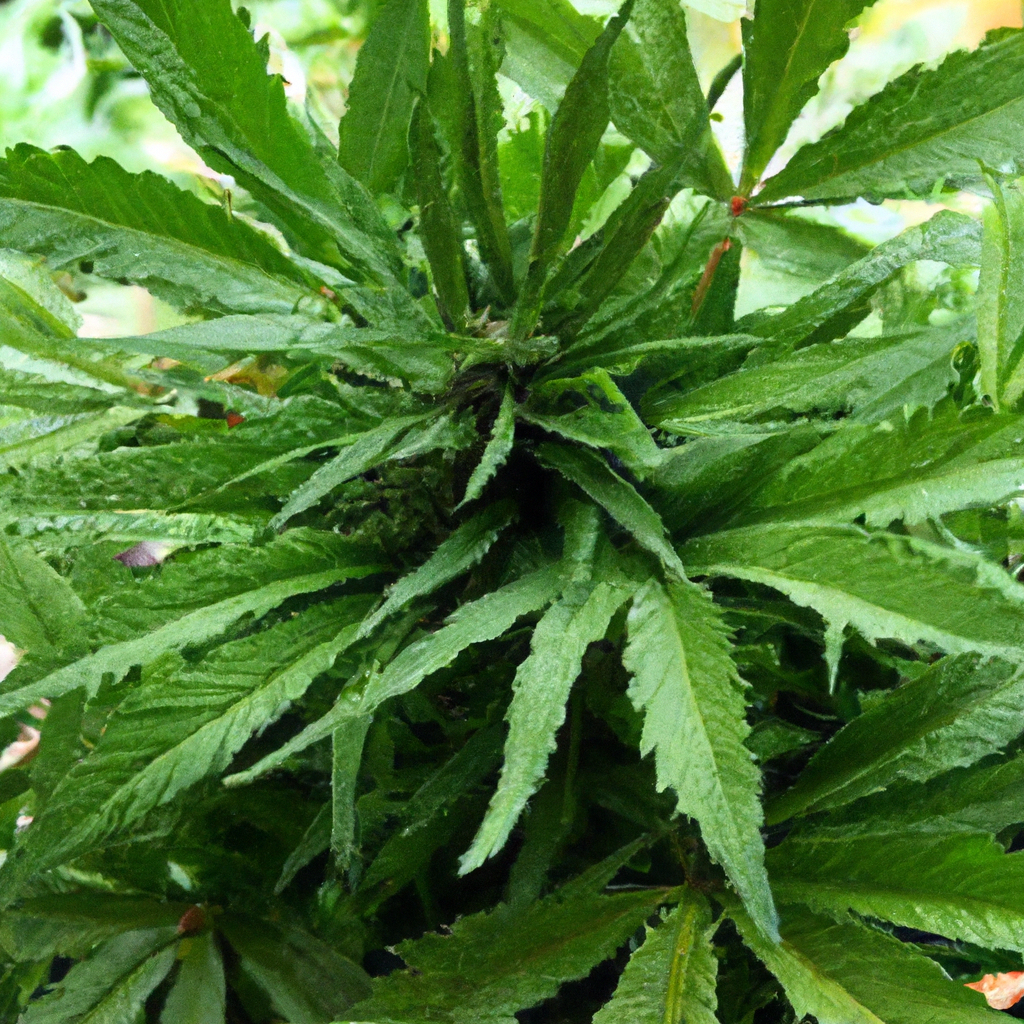
With the increasing emphasis on sustainability and health, organic cannabis cultivation is becoming more popular among growers and consumers. Organic practices enhance the environmental friendliness, quality, and safety of cannabis. Key practices include building a thriving soil ecosystem through composting and beneficial microbes, natural pest control with companion planting and neem oil, and operational sustainability…
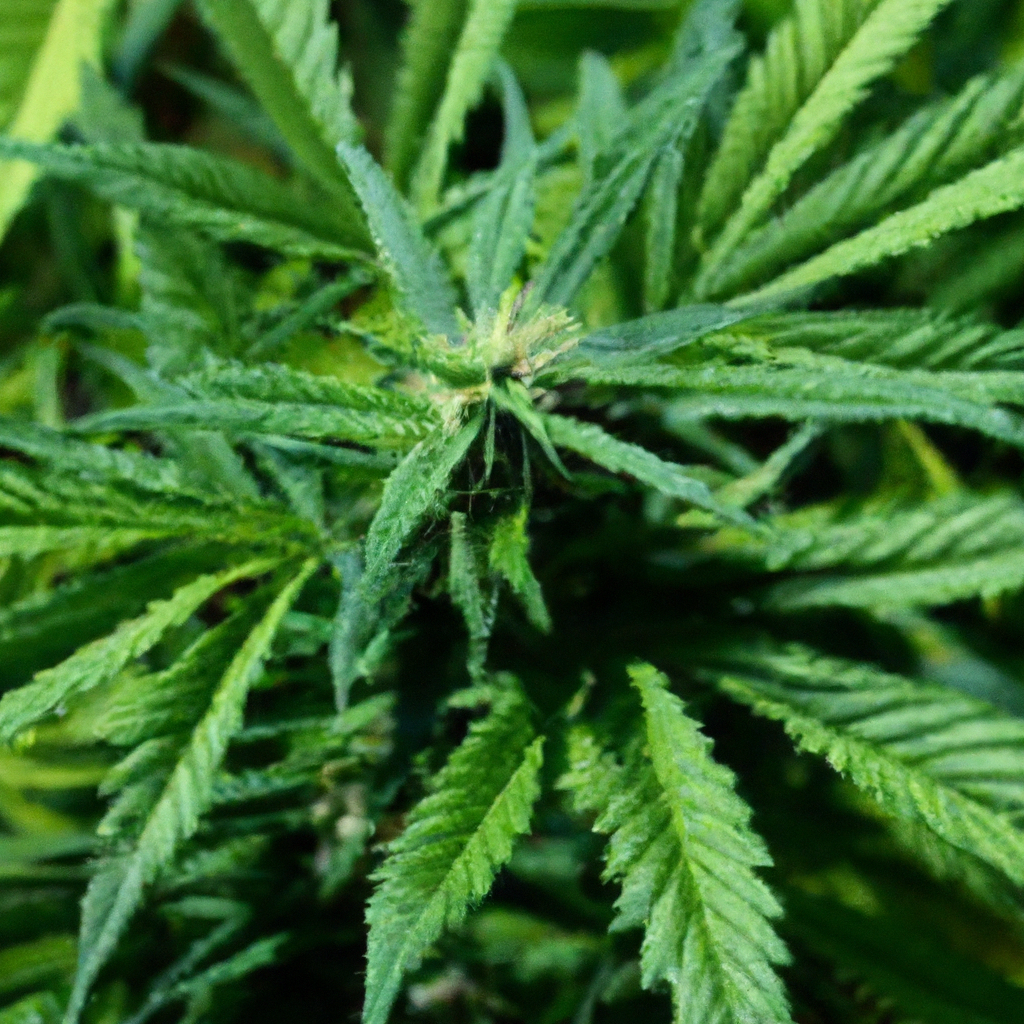
Discover the benefits of organic cannabis cultivation, which combines environmental sustainability with producing cleaner, higher quality products. Learn to enhance soil health through composting, cover crops, and beneficial microbes while utilizing natural fertilizers like bone meal, fish emulsion, and seaweed extract. Manage pests with eco-friendly methods, including neem oil, companion planting, and insecticidal soaps. Embrace…
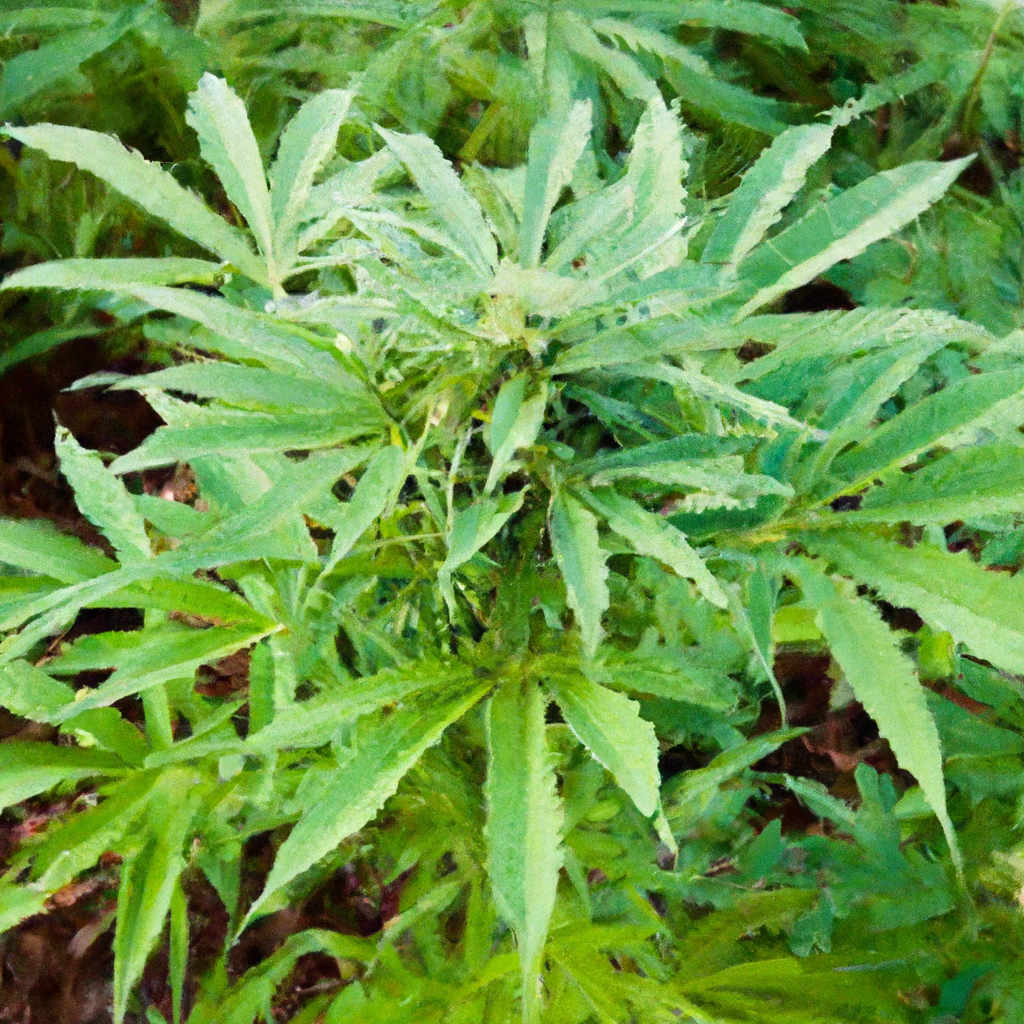
The demand for sustainably grown, organic cannabis is increasing as consumers become more eco-conscious. Organic cultivation enhances product quality and safety while benefiting the environment. Key practices include building a healthy soil ecosystem with compost and cover crops, using natural fertilizers like worm castings and fish emulsion, and employing eco-friendly pest control with neem oil…
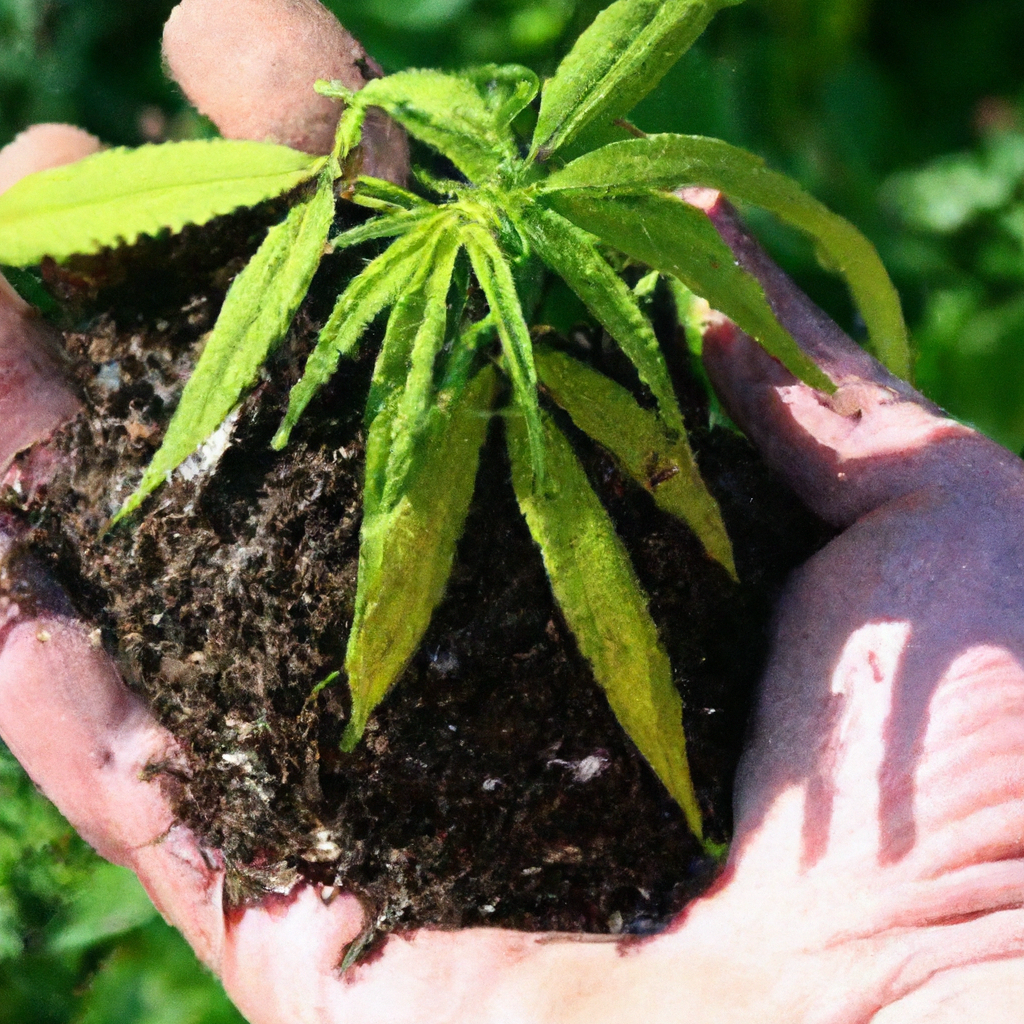
Organic cannabis cultivation emphasizes sustainable practices that benefit the environment and consumers. By building healthy soil ecosystems through compost integration and beneficial microbes, utilizing natural fertilizers like fish emulsion and worm castings, and employing eco-friendly pest control methods such as companion planting and neem oil, growers can enhance harvest quality while reducing their ecological impact.…
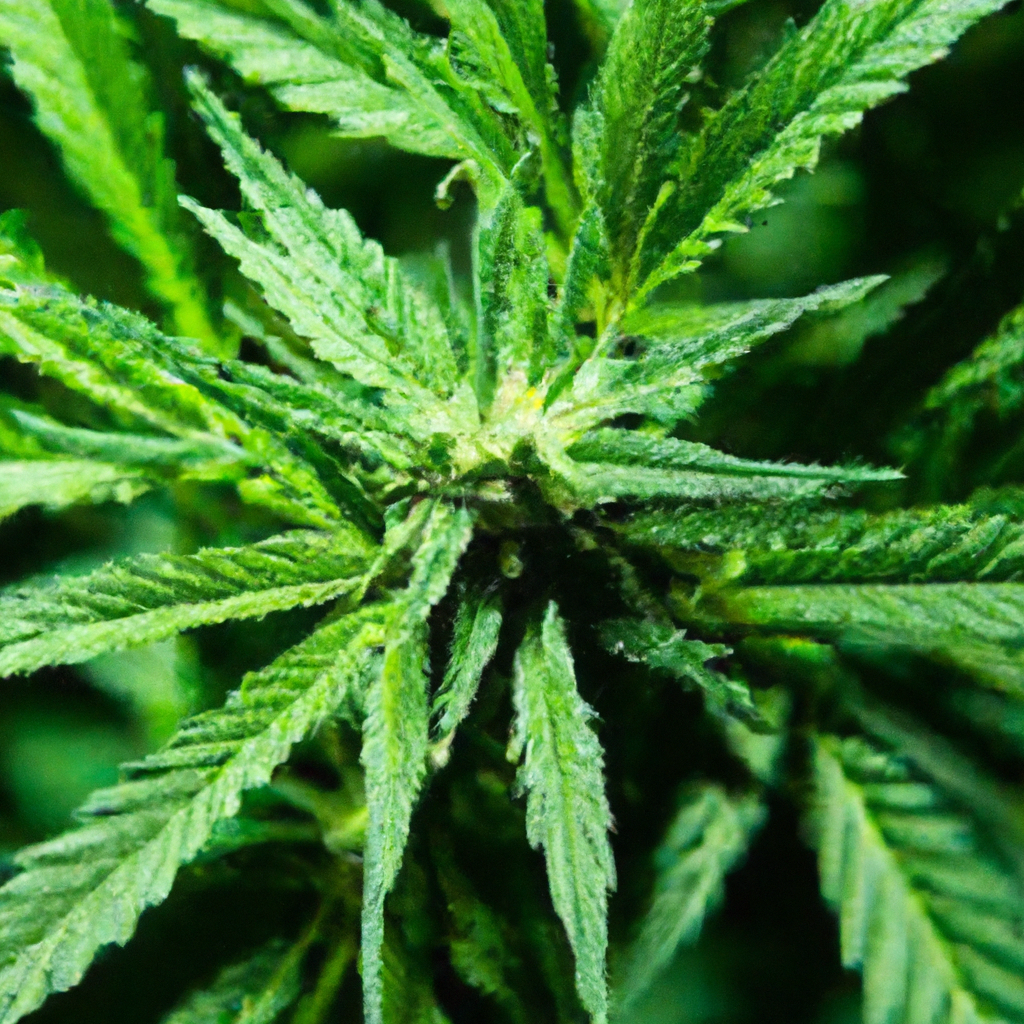
As the cannabis industry expands, organic practices emphasizing sustainability, health, and environmental responsibility are gaining traction among consumers and cultivators. This guide explores the benefits of organic cannabis cultivation, highlighting practices like natural fertilizers, soil health enhancement, and eco-friendly pest control. By focusing on the creation of healthy soil ecosystems and using natural amendments such…
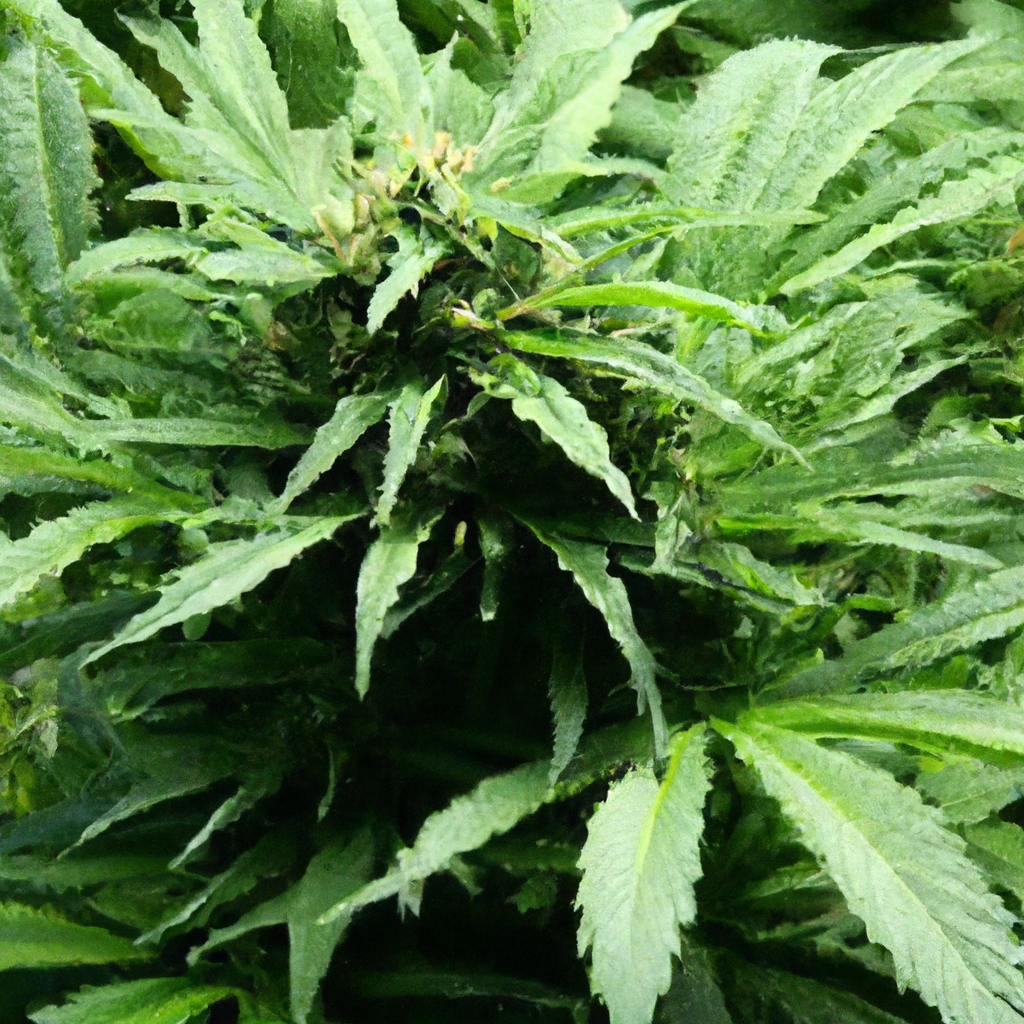
Organic cannabis cultivation embodies sustainable and eco-friendly practices by using natural fertilizers, compost, and pest control to enhance both the environment and consumer health. This approach emphasizes building healthy soil ecosystems through methods such as composting, using worm castings, and integrating natural pest controls like companion planting and beneficial insects. Such practices diminish chemical use,…
